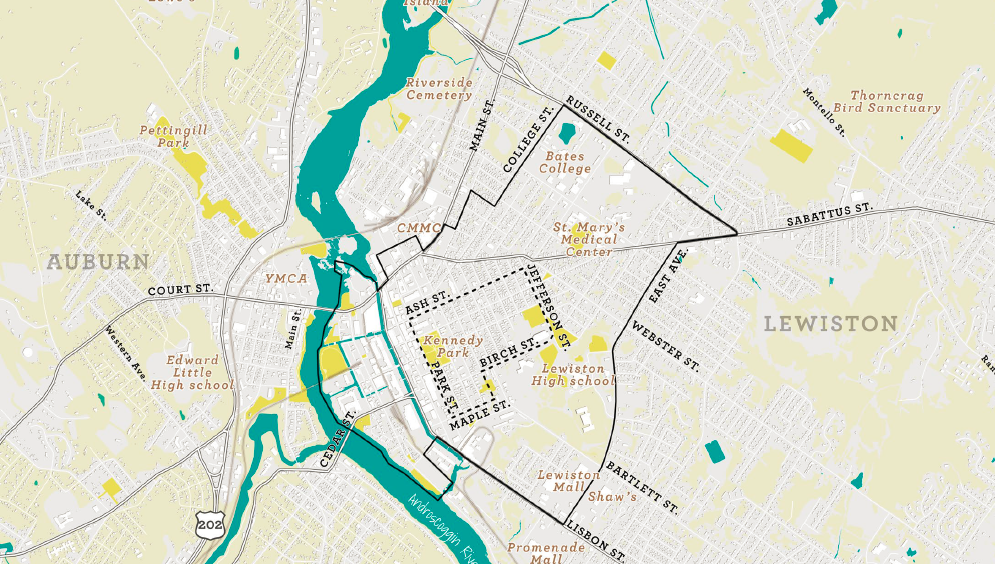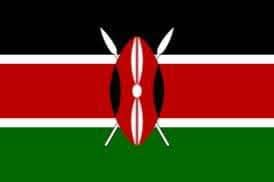Kenya Reaffirms Support for Somalia’s Sovereignty Nairobi, Kenya – May 26, 2025 — The Government…

Lewiston receives $30 million federal grant for community redevelopment
Choice Neighborhoods Initiative grant for $30 million. The city beat out Detroit, Cleveland, Camden, NJ, and Fort Myers, FL for the competitive grant.
According to the city’s 2019 executive summary, officials plan to use the funds to address “the interconnected challenges of distressed housing, poor health, underperforming schools, crime, and lack of investment.” These changes will be concentrated in the downtown Tree Streets neighborhood, a community that has one of the state’s highest concentration of childhood lead poisoning and families in poverty.
The neighborhood is also home to one of the most diverse communities in the state of Maine, with residents from more than 30 nations around the world.
“Growing Our Tree Streets” has been in the making for years. In 2018, the city was awarded an initial $1.3 million to be used in a community-driven process to draft the neighborhood transformation plan. Lewiston was among only three cities in the country, alongside Los Angeles and Philadelphia, to be awarded the planning grant and was the first city of its size to receive it.

According to the city, over 400 individuals speaking over 8 languages from the neighborhood contributed their personal experiences and insight to the planning effort.
“We’re fortunate to have had hundreds of citizens engaged in this,” city economic development director Lincoln Jeffers told Mainebiz in March. “It’s not about City Hall saying, ‘here’s how to fix your neighborhood,’ it’s about the citizens envisioning what kind of neighborhood they want to have.”
City officials have said that 70% of the funds will go towards housing, 15% for social services such as health care access and food security, and 15% to neighborhood beautification.
The plan will be realized over 25 years and will focus on eliminating lead in neighborhood soil and water, redeveloping and building 185 new multifamily mixed income units, and increasing neighborhood pride and community commitment.


